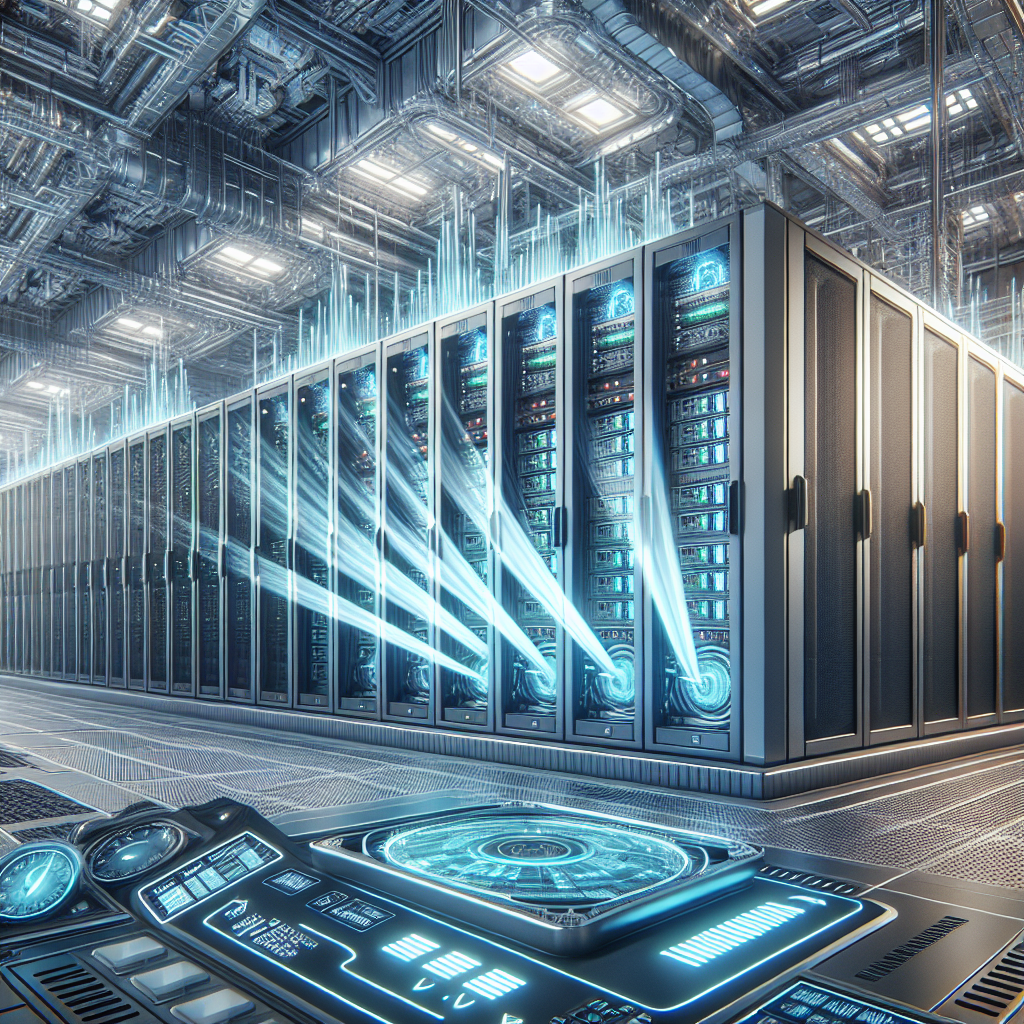Top Considerations for Selecting a UPS for Your Data Center
When it comes to protecting your data center from power outages and ensuring uninterrupted operation, selecting the right uninterruptible power supply (UPS) is crucial. A UPS serves as a backup power source that kicks in when the main power supply fails, providing temporary power until a generator or alternative power source can take over. With so many options available on the market, here are the top considerations to keep in mind when selecting a UPS for your data center:
1. Capacity and scalability: One of the first things to consider when selecting a UPS is the capacity it can provide. Determine the power requirements of your data center and choose a UPS that can handle the load. Additionally, consider the future growth of your data center and select a UPS that is scalable to accommodate increasing power needs.
2. Efficiency: UPS systems can vary in efficiency, which can impact energy costs and overall operating expenses. Look for UPS systems that are Energy Star certified or have high efficiency ratings to minimize energy consumption and reduce costs.
3. Battery backup time: The battery backup time of a UPS determines how long it can provide power to your data center in the event of a power outage. Consider the criticality of your data center operations and choose a UPS with sufficient battery backup time to ensure uninterrupted operation until power is restored.
4. Redundancy and reliability: Data centers rely on UPS systems to provide continuous power protection, so it is essential to select a UPS with built-in redundancy and reliability features. Look for UPS systems with hot-swappable batteries, dual power inputs, and automatic bypass capabilities to ensure seamless operation and minimize downtime.
5. Remote monitoring and management: Monitoring and managing UPS systems remotely can help prevent potential issues and ensure optimal performance. Look for UPS systems with remote monitoring capabilities, such as network connectivity and centralized management software, to easily monitor and control your UPS system from anywhere.
6. Maintenance and serviceability: Regular maintenance and service are essential to keep UPS systems in optimal condition and prevent failures. Consider UPS systems with easy access to components, user-friendly interfaces, and proactive maintenance features to simplify upkeep and ensure reliable operation.
7. Cost: Last but not least, consider the cost of the UPS system, including upfront purchase costs, installation fees, and ongoing maintenance expenses. While it may be tempting to opt for a lower-cost UPS system, it is crucial to balance cost with performance and reliability to ensure the long-term protection of your data center.
In conclusion, selecting the right UPS for your data center requires careful consideration of capacity, efficiency, battery backup time, redundancy, remote monitoring, maintenance, and cost. By evaluating these factors and choosing a UPS system that meets your specific requirements, you can ensure the uninterrupted operation of your data center and protect your critical IT infrastructure from power outages.


